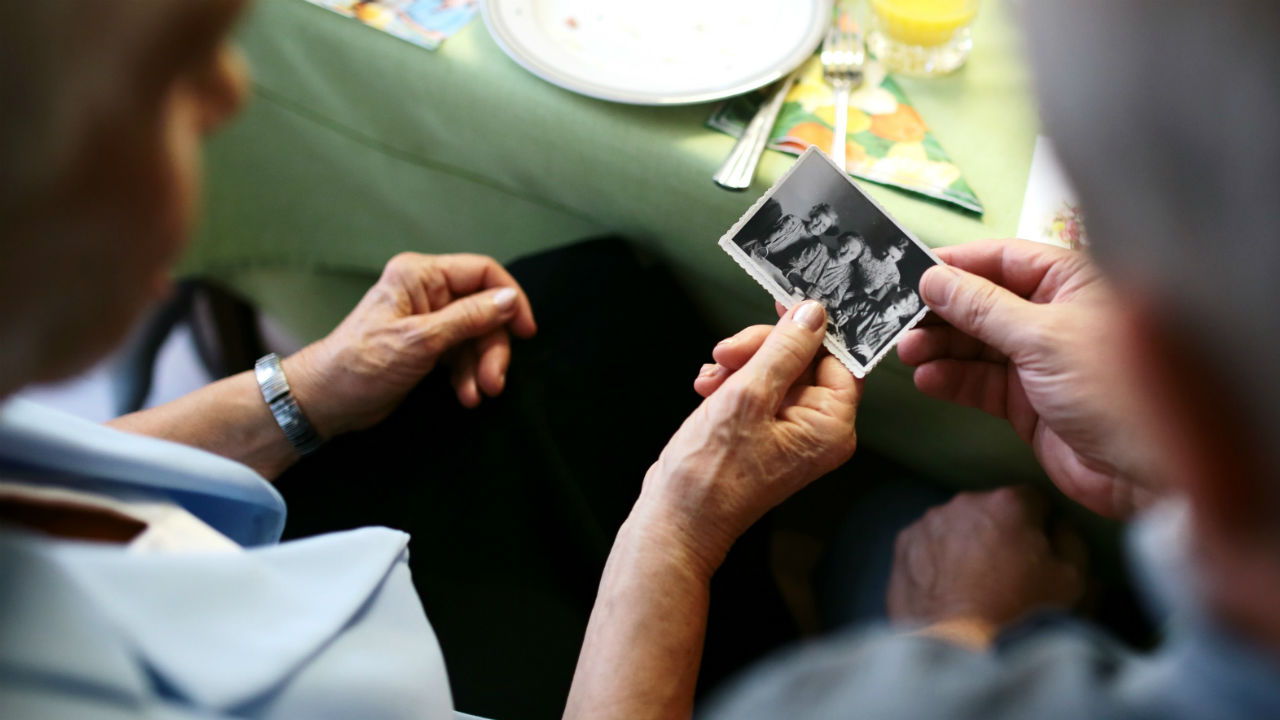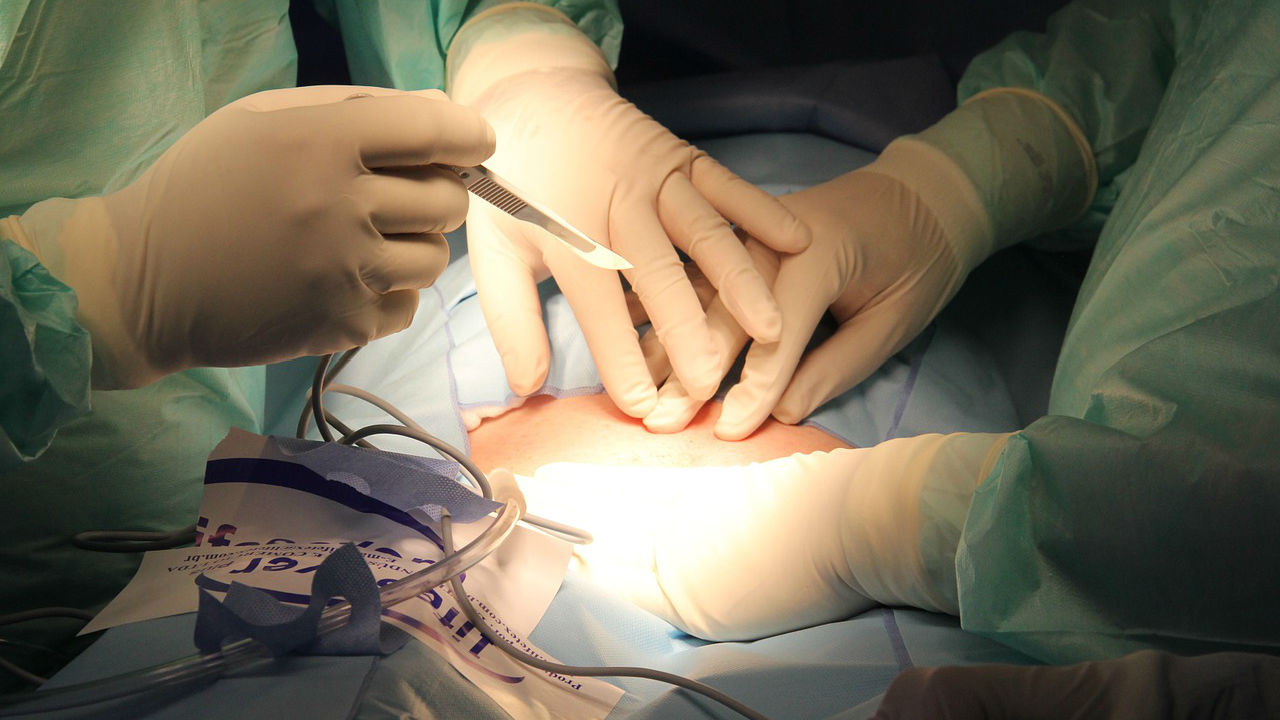 Via Pexels
Via Pexels
This week we saw a wide variety of questions come into our community. Women asked about conceiving, lap band surgery and the causes of lung cancer. Our moderators provided resources and answers to these health questions as well as many others. Do you have a health question you need an answer for? Post it to our community, and we promise to respond within 24 hours.
Here are some of our top ASKs in the EmpowHER community this week.
1. Why are more women diagnosed with Alzheimer's Disease than men?

Via Pexels
A: It's true that more women are diagnosed than men (and face more serious symptoms faster)and there are many reasons for this including environmental and genetic links. The fact that women, on average, live a good 5 years longer than men is also key - they live longer so are around longer to get the disease. Many people living into their 80s and 90s have some form of dementia, even if it's mild.
Read the full answer here.2. My brother died recently of lung cancer but he never smoked, what caused the disease?

Via Pexels
A: Smoking causes the majority of lung cancers — both in smokers and in people exposed to secondhand smoke. But lung cancer also occurs in people who never smoked and in those who never had prolonged exposure to secondhand smoke. In these cases, there may be no clear cause of lung cancer.
Read the full answer here.3. How dangerous is lap band surgery and what is the recovery time?

Via Pixabay
A:The Lap-Band surgery is when you have an adjustable band placed around the top part of the stomach to restrict food intake. There are risks with any surgery, but the risk for complications after surgery is where the issue is the lap band. Compared to the other weight loss surgeries, Lap Band surgery is performed in the shortest amount of time and has a very low intraoperative (during surgery) complication rate.
Read the full answer here.4. My daughter is limping but has no pain or swelling in her leg- what could be the problem?

Via Pixabay
A: Pain is our bodies signal to us that something is wrong. But there can be things going on that we don't know about and perhaps a 4-year-old may not be able to express. People usually limp due to pain but she may have an injury that is causing her to unable to walk properly even if she's pain free and without swelling.
Read the full answer here.5. I am pregnant and the doctor told me there was a cyst on the brain of the fetus, but not to worry and return at a later date. Is there any reason for concern?

Via Pixabay
A: The reasons why the doctors did not expand on the matter is because most cysts that develop on the brain of a fetus disappear on their own with no consequence. This is mainly why they want you to come back for another check up: to see if the cyst is resolving itself.
Read the full answer here.6. When is the best time to have intercourse with my wife if we want to conceive?

Via Pixabay
A: The most likely time in a woman's cycle to get pregnant is right around the time of ovulation, and in a healthy regulated menstrual cycle, which would be approximately 28 days, ovulation happens half way. So it happens between usually day 14 to 16 and the thing to know is that ovulation is not just that you have to aim for one single day or one single hour. It’s really that it takes a couple of days for the eggs once it’s ovulated to travel, and sperm lives from 3 to 5 days, they can survive for 3 to 5 days.
Read the full answer here.




Add a CommentComments
There are no comments yet. Be the first one and get the conversation started!